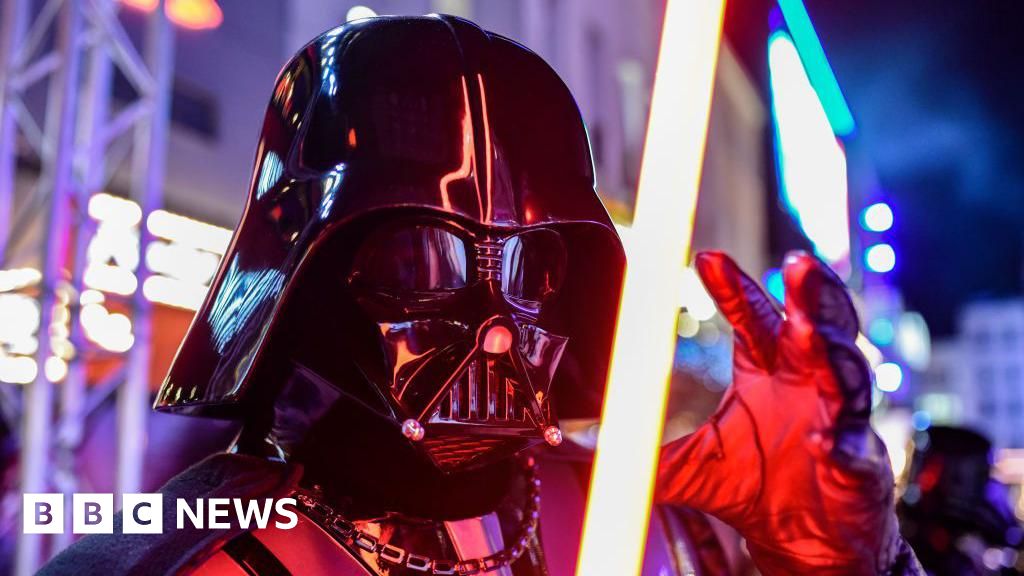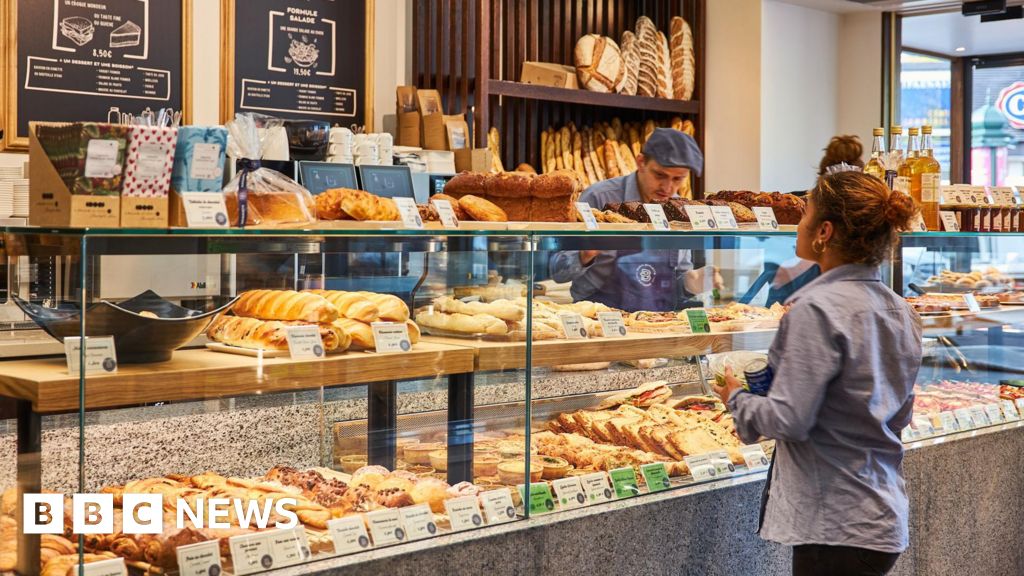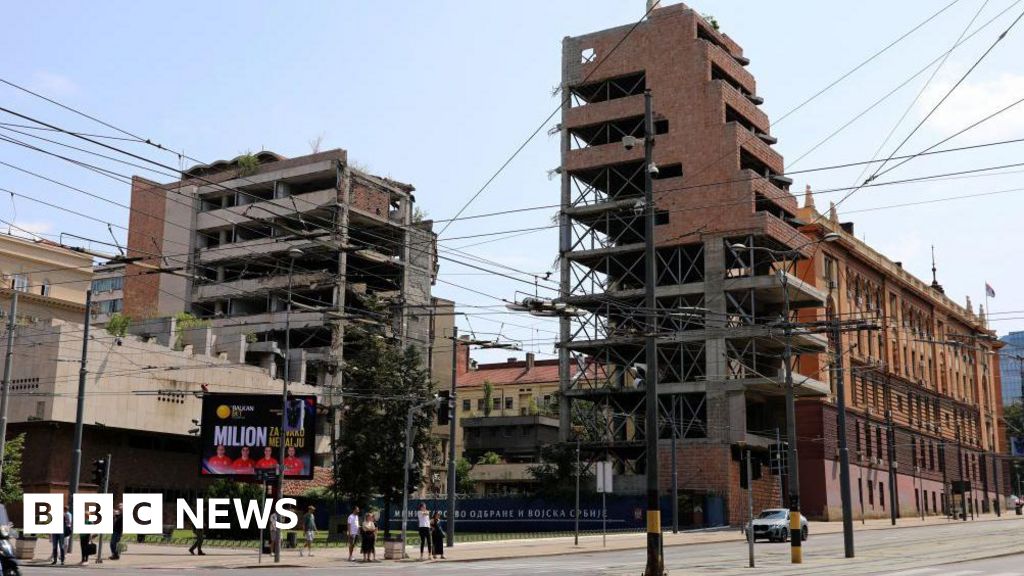ARTICLE AD BOX
Image source, Getty Images
Shoppers swapped party outfits for comfy clothes in the Christmas sales as the Omicron Covid variant saw festive parties cancelled and the return of working from home guidance.
Helen Dickinson, boss of the British Retail Consortium (BRC), said loungewear was "back in fashion".
But despite rising cases and concerns over a possible lockdown, UK retailers posted strong sales in December.
Clothes and jewellery dominated Christmas gift buying at the tills.
Total sales rose 2.1% in December compared with the same period a year earlier, according to statistics from the BRC-KPMG retail sales monitor. They were up by nearly 5% over a two-year period before the pandemic.
Over the three months to December, total food sales increased 0.4%, while non-food retail sales rose 4.8%.
Ms Dickinson, chief executive of the BRC, said despite the concerns over Omicron, "retail sales held up through December".
"Loungewear was back in fashion, as many pre-empted the possibility of future restrictions," she added. "Meanwhile, the return of work-from-home advice and reduction in Christmas social events, caused formalwear sales to slow."
Compared to December 2020, when the UK was subject to Covid restrictions during parts of the month, online sales fell 13.9% last month, as shoppers returned to High Street stores.
Image source, Getty Images
Paul Martin, UK head of retail at KPMG, said footwear was the only online category to see mild growth.
But for the year as a whole, online sales grew by 14.3% overall on 2020.
Despite the positive sales figures in December, Ms Dickinson said businesses faced "significant head winds in 2022, as consumer spending is held back by rising inflation, increasing energy bills, and April's National Insurance hike".
"It will take continued agility and resilience if they are to battle the storm ahead, while also tackling issues from labour shortages to rising transport and logistics costs," she added.
Hospitality worst hit
With UK inflation at a 10-year high in November, and the rate expected to increase to further in the next few months, many analysts are warning of a cost-of-living "crisis".
Businesses are also bracing for higher energy costs due to surging wholesale gas prices.
Figures from Barclaycard showed a jump in essential spending for December but flagged that the spread of Omicron weighed heavily on hospitality and leisure spending.
The credit card spending data revealed total spending rose 12.2% in December, lifted by a 13.7% rise in essential spending, which was driven by supermarket shopping and fuel.
Restaurants saw spending slide by 14.1% against pre-pandemic levels from 2019.
Jose Carvalho, head of consumer products at Barclaycard, said more Brits "were either isolating or choosing to stay at home due to the new variant, which hampered face-to-face retailers as well as hospitality and leisure outlets".

 3 years ago
43
3 years ago
43








 English (US) ·
English (US) ·